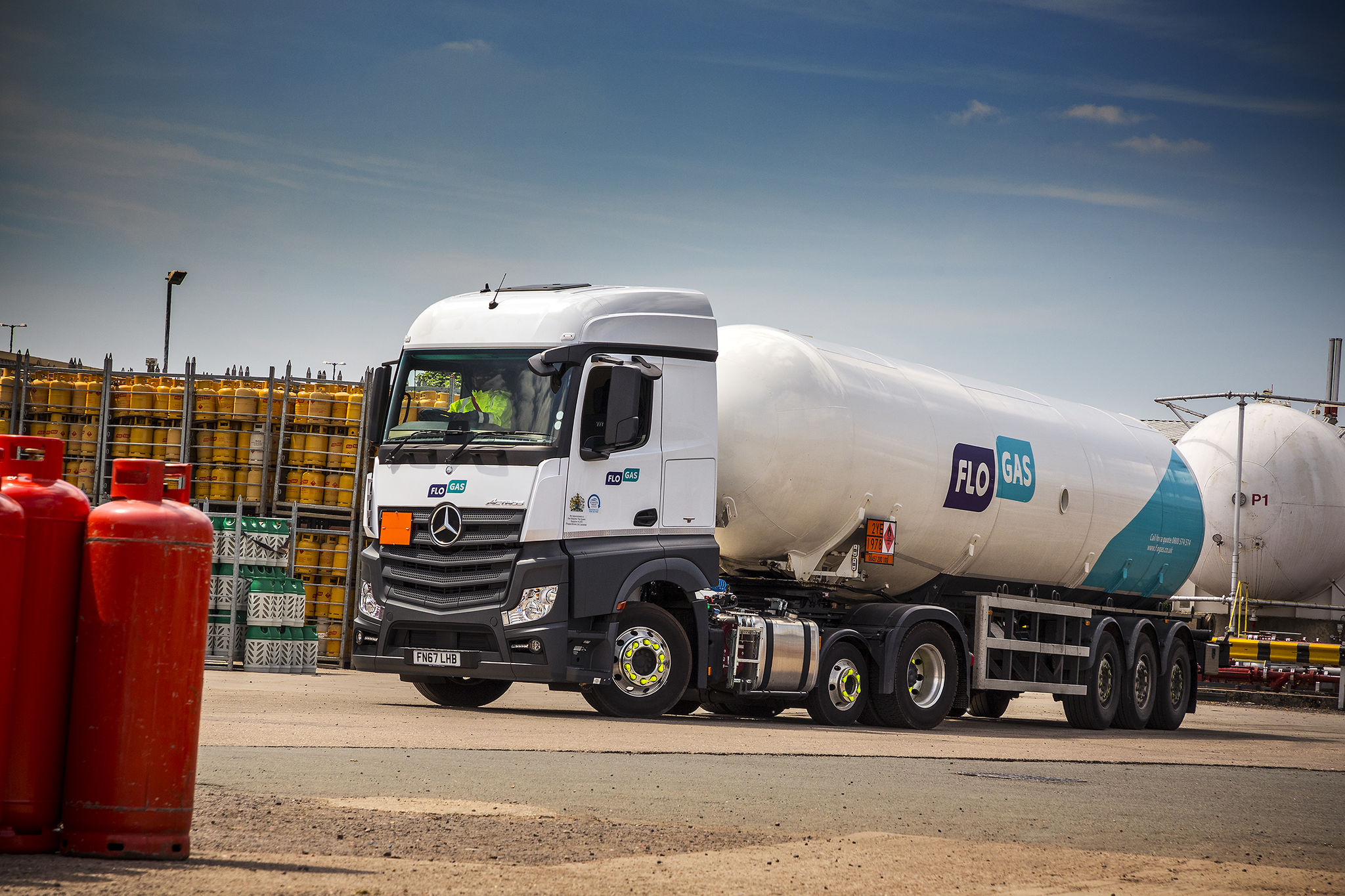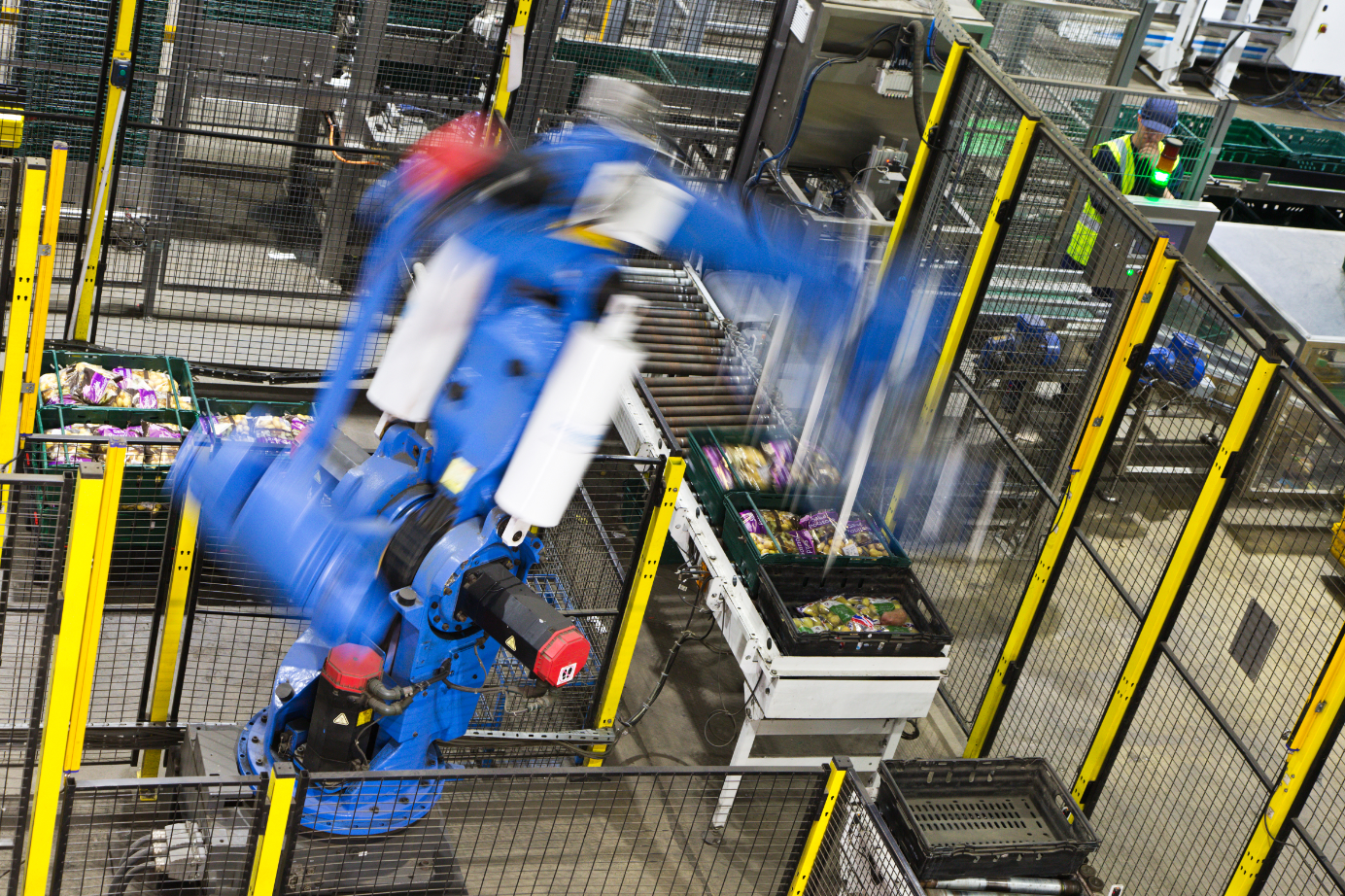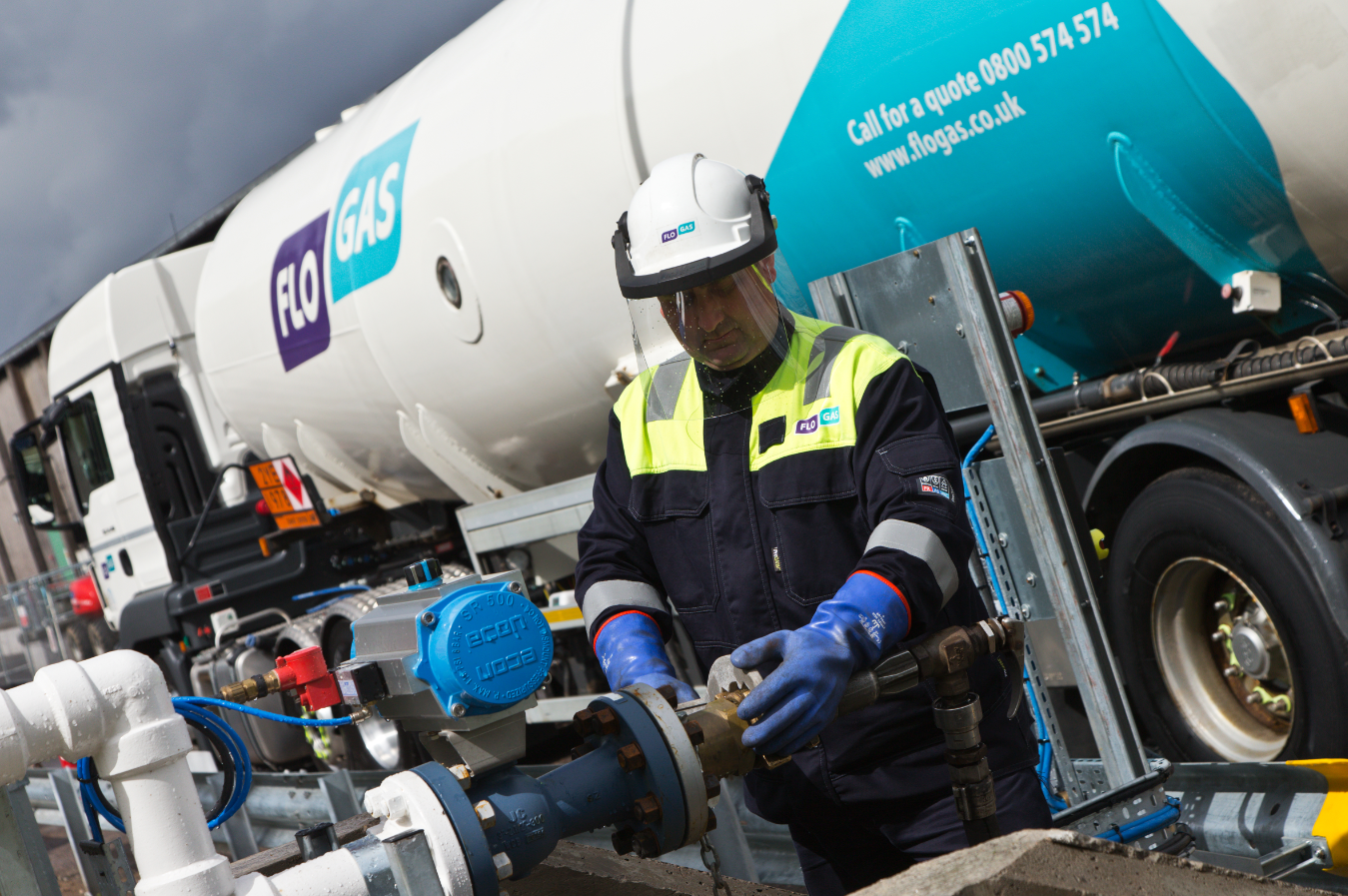Blog
How is smart technology helping the manufacturing industry?
06/01/2020
 When it comes to manufacturing, the way we produce has changed dramatically over the years.
When it comes to manufacturing, the way we produce has changed dramatically over the years.
From the first moving assembly line created in 1913, through to the modern day invention of Artificial Intelligence (AI) and even 3D printing, there’s no denying that manufacturing methods have evolved at an incredible rate.
The secret to this rapid progression has been down to huge advances in technology. Not only has it allowed businesses to speed up production, increase efficiency and track results, it has brought greater profit margins too. In today’s market, it’s all about ‘smart technology’ or more accurately ‘enablers’.
Businesses now heavily rely on smart technology to optimise their manufacturing operations, from automated sales and distribution processes through to energy management software. As energy experts experienced in working with companies that adopt smart technology, Flogas Britain, explains the benefits these technologies can bring.

Artificial Intelligence (AI):
Whilst for some AI may conjure images of dystopian futures, when it comes to manufacturing the meaning is very different. AI is essentially a computer science that can help extend the capabilities of humans. Voice recognition for example, allows processes to be carried out without being manually entered into a computer. Most notably, however, AI uses specially built algorithms that can record and react to changes in data to help businesses achieve more, faster and more efficiently.
Block chain:
Block chain processes can be a vital tool for manufacturers. Essentially, they are programmes that help keep track of goods, log transactions and manage supply chains, following a ‘chain-like’ process. For businesses this information is essential – allowing them to record large amounts of data and deliver real-time analytics on their stock and supply chain without manual input.
Industrial internet of Things (IIoT):
The collection of data has now become a significant priority for businesses looking to gain a deeper insight into their production processes. With IIoT, companies can ensure that every device, machine and process is connected through data communication systems. This means they get a better understanding of their business and can look at ways of enhancing efficiencies and increasing profits, when upping production simply isn’t an option.
Industrial Robotics:
An extension of AI, industrial robotics have now become a central part of the manufacturing process. Faster and more time efficient than humans, modern robotics can now carry out a multitude of tasks, whilst greatly reducing the risk of injury to workers. Although robotics are a relatively modern invention, they are now intelligent enough to learn human tasks and start performing autonomously. More recently ‘collaborative robots’ or ‘cobots’ have been designed to work in unison with humans, allowing tasks to be carried out safely and effectively. Cobots have become especially prominent in the automotive industries.
Digital Twin:
When developing a new product, manufacturers can create a ‘digital twin’ which allows them to virtually forecast its cost and production, ensuring it’s a viable option. Using this technology, they can evaluate production, visualise products in different environments, track and monitor systems and troubleshoot equipment. The result is a more streamlined product development process that can potentially reduce time and money.
Condition Monitoring:
As broken or faulty machinery can have a significant impact on production and ultimately profit margins, the maintenance of machinery is of paramount concern to manufacturers. With condition monitoring, businesses can monitor a range of performance conditions including vibration, temperature, pressure and oil condition to name but a few. This can help manufacturers prevent any costly breakdowns in equipment by recognising changes and faults at an early stage.
Cyber Security:
The rise in technology in manufacturing means businesses are open to digital malfunction, including the risk of cyber-attacks which can cause catastrophic business interruption. Cyber security is incredibly important because it protects computer systems from theft or damage to their software and electronic data, preventing any disruption. As the manufacturing sector is the third most hit sector in the UK for cyber-attacks, it’s never been more important for companies to ensure they are adequately protected.
Adopting a ‘Smart’ way of working
As ‘smart technology’ continues to expand and improve the way manufacturers are able to do business, there’s strong evidence to suggest that introducing different methods can have a huge impact on a company’s output and profit margins. With energy at the heart of any manufacturing process, it’s also vital to ensure your energy supply is equally efficient and automated. Whether you’re switching to a cleaner, greener fuel such as Liquid Petroleum Gas (LPG) or Liquefied Natural Gas (LNG), or automating your gas delivery so you needn’t worry about re-reordering, the experts at Flogas can help.
